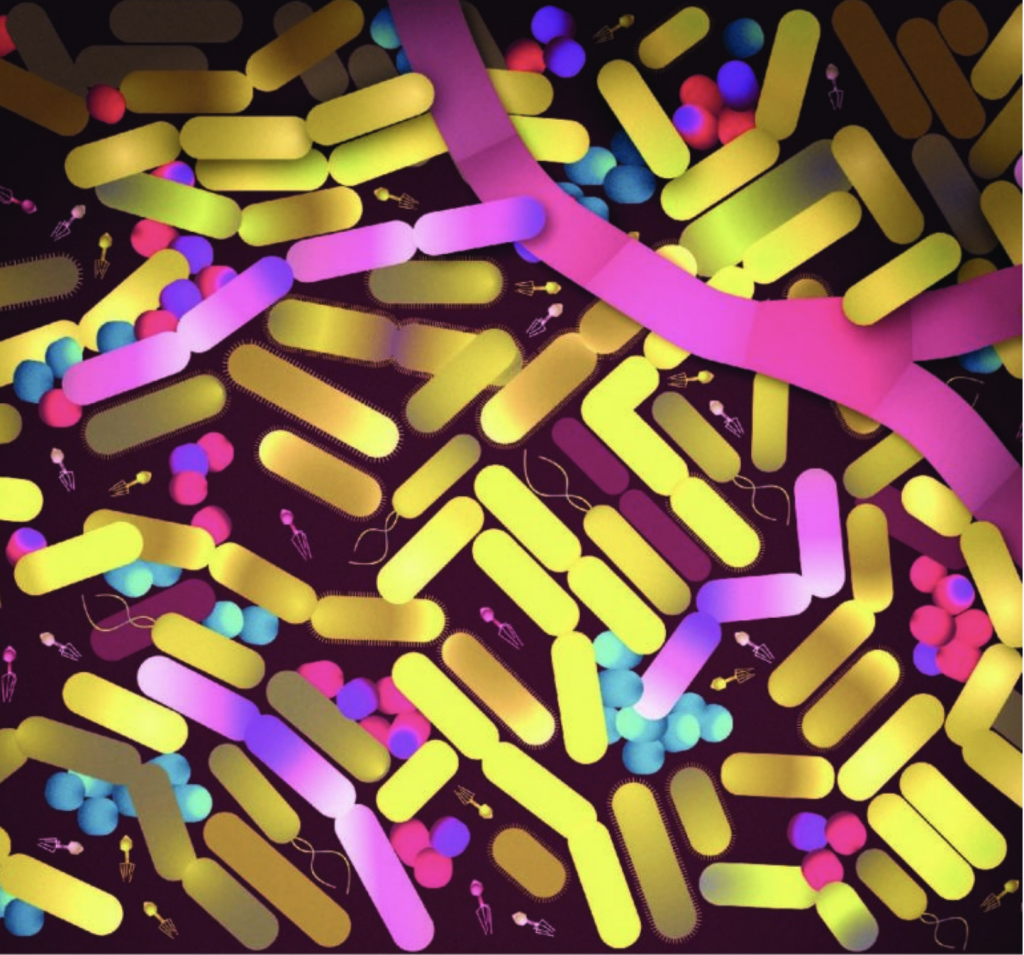The introduction to solid foods and gut microbiota stability

The first 1-3 years of life is an important period for the development of our gut microbiota. During this critical time, gut microbiota development progresses from it being a relatively simple microbial community that is less rich and diverse, to a one that is high in richness and diversity.
Diet and Microbiota

The human gastrointestinal tract is the home for trillions of bacteria that are continuously shaped by different factors and amongst these factors is the particular dietary habit followed.
Breastfeeding and the infant gut microbiota at 12 months of age

Feeding human milk to newborn infants has important nutritional, physiological, immunological and psychological benefits that may impact on their long-term growth and development.
The significance of what we eat during pregnancy for our babies

Current evidence based research indicates that what we eat during pregnancy has a significant impact on the early development of the baby during pregnancy and the first 1000 days of life.
The development of a baby’s gut microbiome and immune system and the role of beneficial bacteria, Bifidobacteria

A 2020 study of 88 African American babies during the first month of life included babies who were full term (>37 weeks) with no major genetic abnormalities.
The Persistent Effects of Birth Mode on Gut Microbiota Composition, Immune System Development and Antimicrobial Resistance

It is believed that mode of birth (Vaginal or Caesarean) has a significant effect on early gut microbiota acquisition and development. Globally, the rate of caesarean birth is consistently increasing as a result of multiple factors. Among these factors are the increase in the overall income and the easy access to health facilities. In 2015, around 29.7 million births happened by caesarean, accounting for about 18% of the births in 169 countries.
Early Microbiota Colonization and Gut Metabolome

It’s believed that the status of our health in later life is associated with the first bacteria that colonize our gut.
The role of Bifidobacteria in HMOs utilization and systematic immune upregulation

Among the most abundant members of the gut microbiota that colonize the gut of infants during early days of life are Bifidobacteria, which are believed to play a major role in the development of the immune system
90% of infants lack bacterial species needed for immune system development

A multiple states metagenomic cross sectional study revealed that the vast majority of American infants showed a significant deficiency in an important bacterial strain essential for human milk utilization and immune system development.
The phases of development of the gut microbiome in babies and children

From approximately three years of age, a child’s microbiota becomes relatively stable and continues to be so throughout their lifetime.





